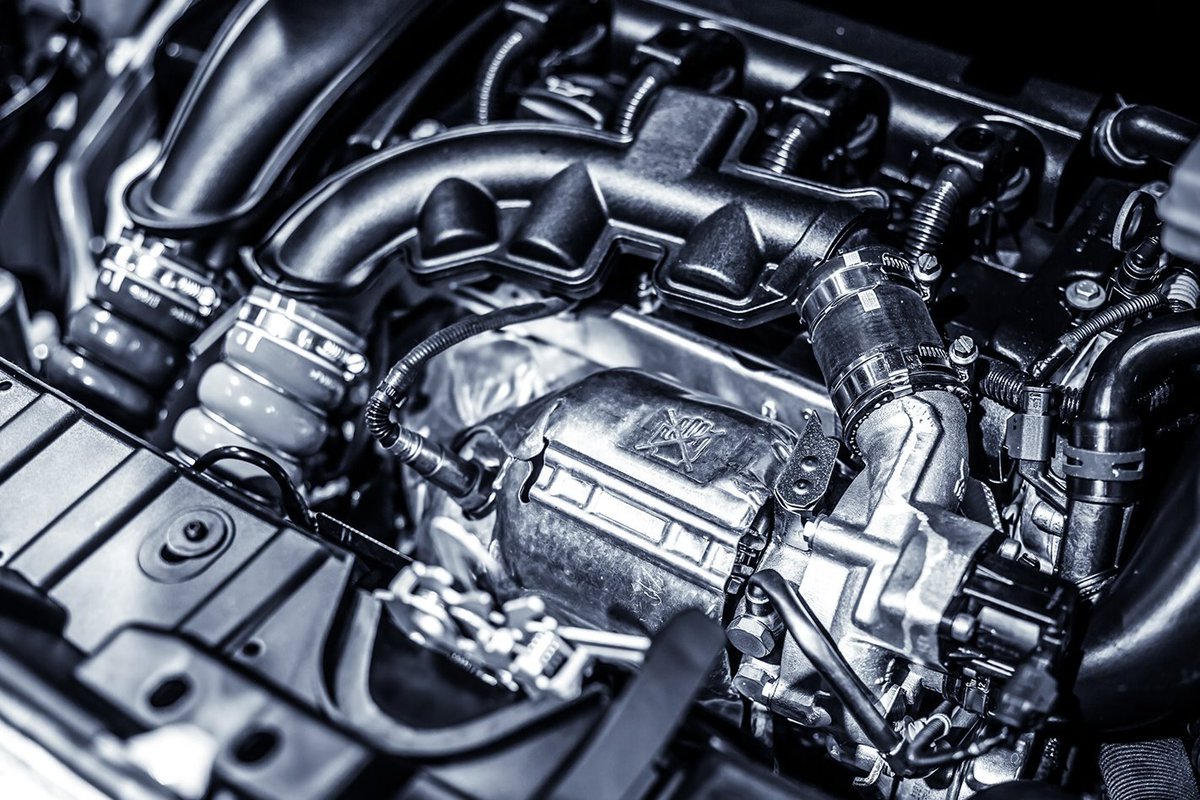
I'm not sure if this is right, but are there (m)any Brexiters who are still calling for 'no deal' with the EU?
For better or worse, I am certainly hearing a lot less from the 'Go WTO' crowd. 1/3
For better or worse, I am certainly hearing a lot less from the 'Go WTO' crowd. 1/3
Instead (at least in those brief moments when the blame game is on hold) they are calling for solutions to problems (teething or otherwise) caused by the reintroduction of barriers to trade. 2/3
In my optimistic moments, I think that there may be a slow dawning realisation that solutions involve recreating at least a functional working relationship with the EU. 3/3
PS A couple of further thoughts.
1. This now *is* Brexit. The Govt has to try to make it work. Its supporters will back it (for now).
2. My optimism doesn't extend to the NI Protocol. There, the refusal to accept reality continues.
1. This now *is* Brexit. The Govt has to try to make it work. Its supporters will back it (for now).
2. My optimism doesn't extend to the NI Protocol. There, the refusal to accept reality continues.
A further PS: Maybe there is even some sign of constructive engagement when it comes to the NI Protocol. This isn't much, but the tone, and the fact that it is a joint statement, are (perhaps) encouraging.
gov.uk/government/new…
gov.uk/government/new…
• • •
Missing some Tweet in this thread? You can try to
force a refresh



